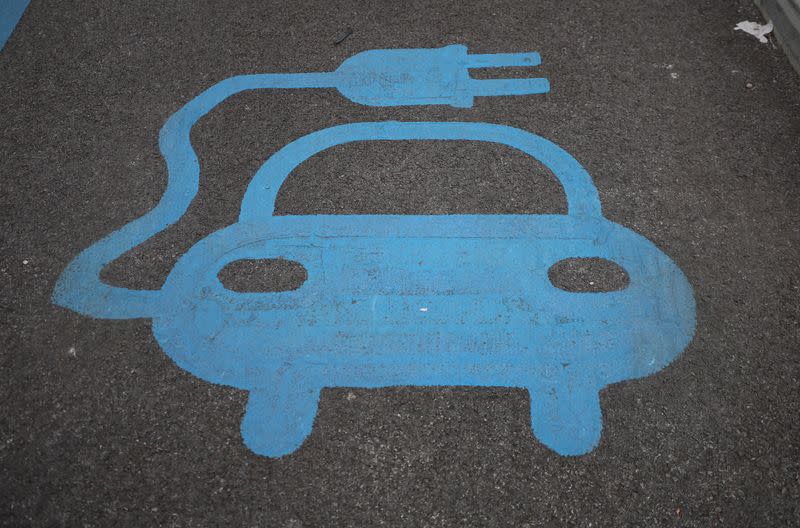
By Nick Carey LONDON (Reuters) - German startup DeepDrive said on Thursday it had raised 30 million euros ($33.5 million) from investors to scale up and produce efficient, lower-cost "dual rotor" electric vehicle motors for major automakers. The Series B fundraising round was led by tech venture capital fund Leitmotif and included fresh capital from existing investors including BMW i-Ventures and co-pace, the venture capital arms of BMW and major auto supplier Continental respectively.
DeepDrive is working with eight of the world's top 10 automakers, with major contracts expected within the next year or two, CEO Felix Poernbacher told Reuters. The company's motors should be used in mass production models around 2028, he added. Conventional EV motors consist of a stator with a rotor turning on the inside.

DeepDrive has developed a U-shaped "dual rotor" that turns on the inside and outside of the stator, making better use of the rotor's magnetic field, Poernbacher told Reuters. DeepDrive's motor uses about half the magnets of a conventional motor, around 80% less iron, takes up half the space, and costs around 30% less to make, the company said. The motor should provide 20% more range versus today's best available EV models, or allow automakers to shrink batteries to achieve the same range, Poernbacher said.
The battery is by far the most expensive component in an EV. As EV sales have slowed, legacy automakers are under pressure to produce more affordable models with greater range to broaden their appeal and attract more buyers. "Increasing range and getting costs down, this is really what automakers care about," Poernbacher said.
"The key to that is efficiency in the electric motor because it achieves both." ($1 = 0.8956 euros) (Reporting by Nick Carey; Editing by Mark Potter).














